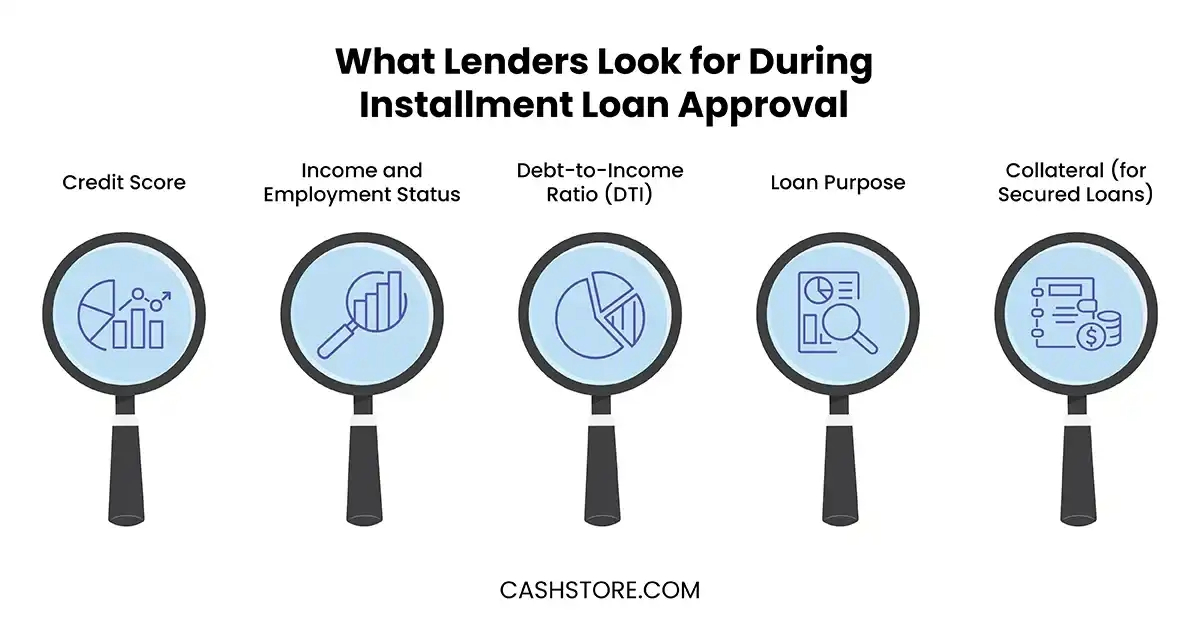The Ins and Outs of Loans: Browsing Your Funding Choices With Confidence
Maneuvering the facility landscape of loans needs a clear understanding of numerous types and essential terms. Several individuals locate themselves overwhelmed by alternatives such as individual, automobile, and student loans, in addition to essential concepts like rate of interest and APR. An understanding of these principles not only help in examining monetary needs however additionally boosts the loan application experience. There are considerable aspects and common risks that borrowers must identify prior to proceeding further.
Comprehending Different Kinds Of Loans
Loans act as necessary economic tools that deal with various needs and goals. Individuals and organizations can select from a number of types of loans, each created to satisfy details needs. Personal loans, often unsecured, provide consumers with funds for numerous individual costs, while automobile loans allow the purchase of cars with secured financing.
Mortgage, or home loans, assist purchasers in obtaining home, generally including lengthy repayment terms and specific rate of interest. Pupil loans, intended at funding education and learning, commonly featured reduced rate of interest and credit options up until after graduation.
For businesses, business loans offer essential capital for development, devices acquisitions, or operational prices. Furthermore, cash advance loans give fast cash money services for immediate requirements, albeit with greater rate of interest. Understanding the various sorts of loans allows debtors to make informed choices that align with their monetary objectives and circumstances.
Secret Terms and Principles You Should Know
Comprehending key terms and concepts is important when maneuvering loans. Rates of interest play a crucial function in identifying the expense of borrowing, while various loan kinds cater to numerous monetary requirements. Familiarity with these components can encourage people to make educated choices.
Passion Prices Clarified
How do rate of interest effect loaning choices? Rates of interest represent the expense of borrowing money and are an important variable in monetary decision-making. A higher rate of interest rate boosts the total cost of a loan, making loaning much less appealing, while lower prices can incentivize borrowers to take on debt. Lenders usage rate of interest to reduce threat, mirroring customers' creditworthiness and dominating economic conditions - Installment Loans. Fixed rate of interest stay consistent throughout the loan term, using predictability, whereas variable prices can fluctuate, potentially bring about higher settlements gradually. Additionally, understanding the interest rate (APR) is vital, as it encompasses not simply rate of interest however also any connected fees, supplying a comprehensive sight of loaning prices
Loan Types Introduction
Maneuvering the landscape of loan types is crucial for borrowers looking for the most appropriate financing alternatives. Recognizing different loan types helps people make informed choices. Individual loans are usually unprotected, suitable for consolidating financial obligation or financing personal tasks. Home loans, on the other hand, are safeguarded loans specifically for acquiring property. Car loans serve a similar function, funding automobile acquisitions with the lorry as security. Company loans satisfy entrepreneurs needing funding for procedures or expansion. An additional option, pupil loans, aid in covering educational expenditures, typically with positive payment terms. Each loan kind presents unique terms, rate of interest prices, and eligibility requirements, making it important for debtors to assess their monetary requirements and capabilities prior to devoting.
The Loan Application Process Clarified
What steps must one require to effectively navigate the loan application procedure? Individuals need to examine their monetary needs and determine the kind of loan that lines up with those demands. Next off, they should examine their credit rating record to validate precision and determine locations for renovation, as this can influence loan terms.
Following this, consumers have to collect required documents, consisting of evidence of earnings, employment history, and economic statements. Once prepared, they can approach loan providers to ask about loan items and passion rates.
After picking a lending institution, completing the application form accurately is important, as noninclusions or mistakes can postpone handling.
Applicants need to be ready for potential follow-up demands from the lender, such as additional paperwork or information. By complying with these steps, people can enhance their possibilities of a smooth and efficient loan application experience.
Aspects That Impact Your Loan Authorization
When thinking about loan approval, several vital aspects enter play. 2 of one of the most considerable are the credit rating and the debt-to-income ratio, both of which offer loan providers with understanding into the borrower's economic security. Comprehending these aspects can greatly improve a candidate's opportunities of safeguarding the wanted financing.
Credit Score Relevance
A credit score functions as a crucial standard in the loan approval procedure, influencing loan providers' assumptions of a debtor's economic reliability. Typically varying from 300 to 850, a higher rating indicates a background of liable credit score usage, including prompt repayments and low credit usage. Different variables contribute to this rating, such as payment background, length of credit score history, sorts of charge account, and recent credit rating questions. Lenders use these scores to examine threat, establishing loan terms, passion prices, and the likelihood of default. A strong credit scores rating not only improves authorization possibilities but can also lead to much more positive loan problems. Conversely, a reduced score may result in higher passion prices or rejection of the loan application entirely.
Debt-to-Income Proportion
Lots of lending institutions think about the debt-to-income (DTI) ratio an important aspect of the loan authorization process. This economic statistics compares an individual's regular monthly financial debt repayments to their gross monthly revenue, offering understanding into their capacity to manage additional debt. A reduced DTI proportion shows a healthier financial circumstance, making consumers more appealing to lending institutions. Aspects affecting the DTI proportion include real estate expenses, bank card balances, trainee loans, and other reoccuring costs. In addition, modifications in earnings, such as promos or job loss, can considerably affect DTI. Lenders generally prefer a DTI proportion listed below 43%, although this threshold can differ. Managing and recognizing one's DTI can enhance the chances of protecting favorable loan terms and rate of interest.
Tips for Managing Your Loan Properly

Typical Blunders to Avoid When Securing a Loan

Additionally, several people hurry to accept the initial loan deal without contrasting choices. This can cause missed opportunities for much better terms or reduced rates. Borrowers should also prevent taking on loans for unneeded costs, as this can result in lasting debt troubles. Disregarding to assess their credit history rating can prevent their capability to safeguard beneficial loan terms. By being aware of these pitfalls, borrowers can make enlightened decisions and browse the loan process with higher self-confidence.
Frequently Asked Questions
How Can I Enhance My Credit Score Before Requesting a Loan?
To improve a credit score before requesting a loan, one ought to pay costs on schedule, minimize exceptional debts, inspect credit scores records for errors, and avoid opening up new charge account. Consistent economic routines generate positive outcomes.
What Should I Do if My Loan Application Is Refuted?

Exist Any Kind Of Charges Associated With Loan Early Repayment?
Finance prepayment fees might use, relying on the lending institution and loan kind. Some loans include penalties for very early payment, while others do not. It is important for consumers to assess their loan arrangement for specific terms.
Can I Bargain Loan Terms With My Lender?
Yes, customers can discuss loan terms with their loan providers. Variables like credit report, payment history, and market problems may affect the lender's willingness to modify interest prices, repayment timetables, or fees related to the loan.
How Do Rates Of Interest Influence My Loan Repayments With Time?
Rates of interest considerably affect loan repayments. Higher prices cause increased month-to-month payments and complete interest expenses, whereas reduced prices lower these expenses, inevitably impacting the customer's overall financial problem throughout the loan's duration.
Numerous individuals discover themselves overwhelmed by choices such as personal, car, and student loans, as well as essential ideas like interest rates and APR. Interest prices play a crucial duty in determining the expense of loaning, while various loan kinds provide to various monetary demands. A higher rate of interest price increases the general price of a loan, making loaning less enticing, while reduced prices can incentivize borrowers to take on financial debt. Fixed rate of interest rates continue to be consistent throughout the loan term, using predictability, whereas variable prices can change, potentially leading to greater payments over time. Lending early repayment charges might use, depending on the lending institution and loan kind.